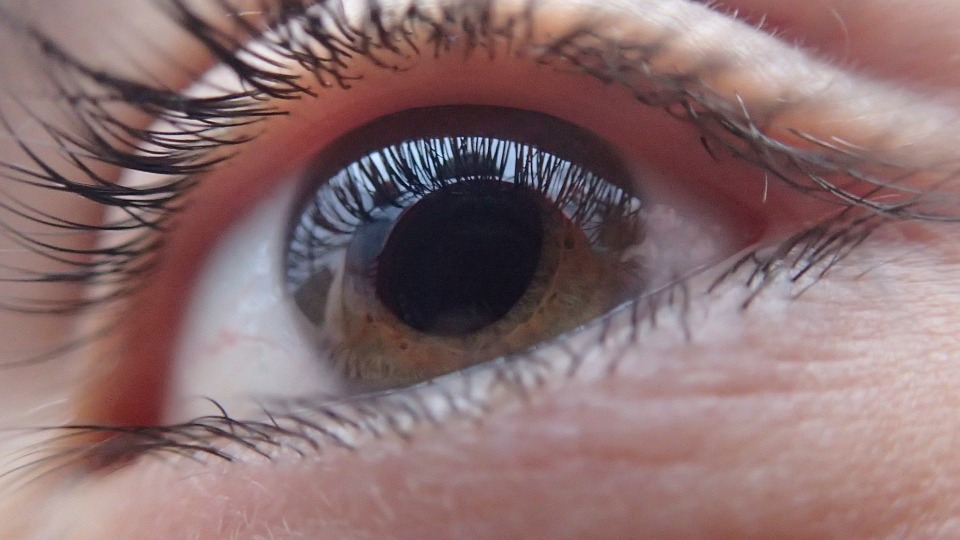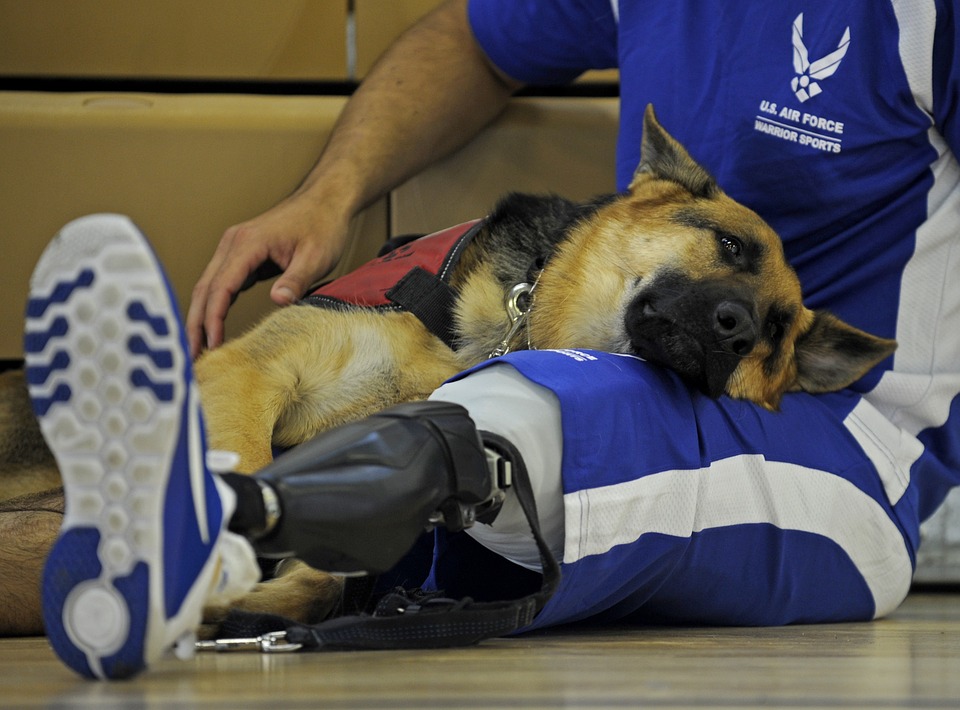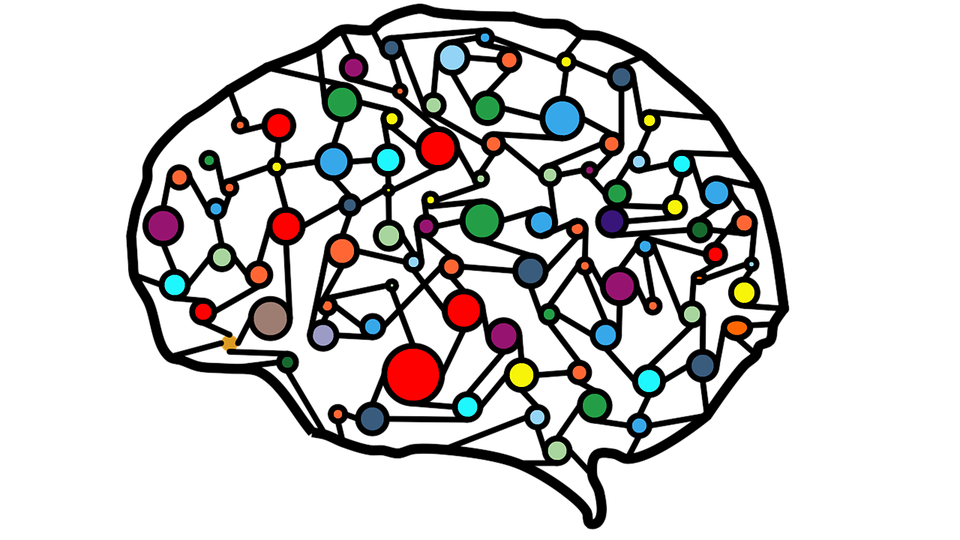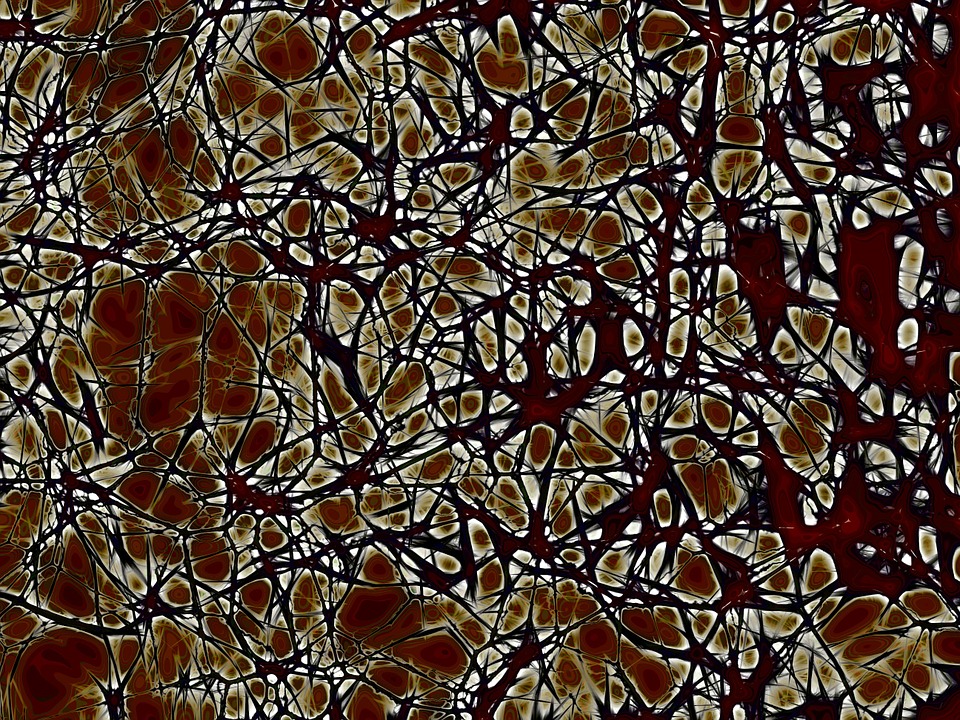#Research
23
Do you have questions about the latest in MS research, symptom management, clinical care options and more? Join us for Conversations on MS!
Are you interested in learning about training opportunities available in the National Institute of Mental Health (NIMH) Intramural Research Program (IRP)? Join the Office of Fellowship Training for a virtual information session to learn about a variety of National Institutes of Health (NIH) training programs, exciting research being done in NIMH IRP laboratories, and chat with current NIMH trainees. The sessions are appropriate for undergraduates, graduate students, medical students, and postdoctoral fellows.
We invite you to join us on Tuesday, July 26th from 9:30am – 11:00am ET to learn more about research career development awards from the National Institute of Health (NIH) for early career scientists in global mental health. Attendees will learn about the various career development awards that are available through the NIH for early career scientists, including Ks from National Institute of Mental Health (NIMH) and Fogarty and diversity supplements. They will also hear from currently funded early career scientists. Attendees will have an opportunity to ask questions at the end of the webinar. The event will also be recorded and posted online at a later date.
9
We invite you to join us on Thursday, June 9th from 11:00am – 12:30pm to learn more about funding opportunities from the National Institute of Health (NIH) for graduate students and postdoctoral fellows who are interested in global mental health research. Attendees will learn about the various funding mechanisms that are available through the NIH for graduate students and postdoctoral fellows. You will hear from a current graduate student in global mental health who has a F31 grant and their mentor. Participants will also hear from a former T32 postdoctoral fellow in global mental health. Attendees will have an opportunity to ask questions at the end of the webinar. The event will also be recorded and posted online at a later date.
Join the RMMSC and Dr. Timothy Vollmer for an informal discussion of the state of MS research today. You are encouraged to submit your research-related questions when you register or you will be able to ask them live.
Dr. Vollmer will talk about remyelination prospects, treatments for progressive MS, neurofilament light possibilities, BTK inhibitors, projects happening at the RMMSC at CU, and any other research you’re curious about.
This webinar will provide an opportunity for diverse stakeholders, including school administrators, researchers, practitioners, policymakers, and funders, to learn about new and innovative practices in school-based suicide prevention.
The Bloorview Research Institute is pleased to host the 16th Annual Bloorview Research Institute Symposium on Monday, November 15th.
Held virtually this year, the symposium will shine a bright light on how scientists are elevating and expanding childhood disability research to new heights.
This year’s Mickey Milner International Professorship keynote will be delivered by Professor Ron Buliung, Graduate Chair of the graduate programs in Geography and Planning at the University of Toronto. His talk will focus on his lived experience as a parent of a child with a disability, which motivates his commitment to research and advocacy centred on place, childhood disability, and disability justice.
The national Trends in Disability Employment (nTIDE) team offers a live broadcast via Zoom Webinar to share numbers and the latest news about disability employment. Join us to hear from our hosts and expert panelists from the field who discuss current topics, findings and events.
- 12:00 pm: Overview of National Trends in Disability Employment (nTIDE) Jobs Report Release – Andrew Houtenville, UNH-IOD & John O'Neill, Kessler Foundation
- 12:15 pm: News from the field of Disability Employment – Denise Rozell, AUCD
- 12:30 pm: Guest Panelist - TBD
- 12:45 pm: Open Question & Answer period for attendees
The national Trends in Disability Employment (nTIDE) team offers a live broadcast via Zoom Webinar to share numbers and the latest news about disability employment. Join us to hear from our hosts and expert panelists from the field who discuss current topics, findings and events.
- 12:00 pm: Overview of National Trends in Disability Employment (nTIDE) Jobs Report Release – Andrew Houtenville, UNH-IOD & John O'Neill, Kessler Foundation
- 12:15 pm: News from the field of Disability Employment – Denise Rozell, AUCD
- 12:30 pm: Guest Panelist - TBD
- 12:45 pm: Open Question & Answer period for attendees
The National Disability Research Partnership (NDRP) will facilitate a collaborative and inclusive disability research program that builds the evidence for successful innovation in policy and practice.
In this webinar, members of the NDRP Working Party will outline the vision for the NDRP and what's involved in the two-year establishment phase. We will explain what's happening with the research agenda, governance model, pilot research funding round and more. There will be plenty of time for questions and discussions.
This webinar might be of interest to:
- People with disability
- Family members, caregivers, allies or supporters
- Researchers
- Disabled people’s organisations
- Advocacy groups & consumer bodies
- Peak bodies
- Disability service providers
- Health, housing, education or community
- Business
- Government
This webinar will be captioned and interpreted.
The UK’s leading autism research festival, this event will bring together autism researchers, autistic people, family members and the professionals who work with and support autistic people to discuss innovative research, barrier pushing involvement and participation work and how we can start to make real progress towards happy, healthy, long lives for all autistic people.
During the week long event, we will be holding a mix of panel sessions, longer keynote talks, roundtable discussions on issues around research practice and social sessions for the week, ensuring that there will be something for everyone!
Our wide range of content will include Dr Will Mandy, Dr Duncan Astle, and a group presentation from Dr Kathy Leadbitter, Leneh Buckle, Dr Ceri Ellis and Martijn Dekker as our Keynote talks. We will have research covering autism and mental health, physical health and ageing, creating autism inclusive environments, external support and fostering positive identities showcased during the week
We will also have an evening webinar from author Dr Simon Jarrett, author of Those They Call Idiots, who will be discussing "Identifying and diagnosing in history: possibilities and pitfalls" through the lens of autism and learning disabilities.
Jul 12, 2021 at 4 AM to Jul 16, 2021 at 11 AM EDT
12
To recognise World Population Day join us as we review disability from a global perspective. The trends, numbers, innovations and approaches. The similarities and differences.
The world is a village and we are going to take a peek into the diversity of that village through research, reports and lived experience.
There are one billion disabled people across the world with a combined spending power of $8 trillion.
This webinar will give you a world flavour and identify practices and approaches for you to adapt and adopt into your own world.
The session will be hosted by Mike Adams OBE, CEO of Purple a leading disability organisation. Mike will be joined by Meg O'Connell, Founder & CEO of Global Disability Inclusion as well as other global disability experts to be announced soon.
The webinar(s) will introduce participants to the participatory action research approach, which is identified with critical social theory in the area of Disability. Key features and principles will be introduced, as well as the strength and challenges in applying the approach. Focus will address the role of the approach in promoting social change as being an emergent process that works effectively to link participation, social action, and knowledge generation.
Wonder what researchers are finding out about employment for people with mental illnesses/mental health conditions?
Making Sense of Employment Research webinar series are designed to discuss a recent research study, published in the Psychiatric Rehabilitation Journal in a clear and relevant way, even for those who know little or nothing about research.
Making Sense of Employment Research webinar series presents research findings about employment for people with mental illness and mental health conditions. These webinars are designed to discuss a recent research study and publication in a clear and relevant way, even for those who know little or nothing about research. Join us for our next webinar:
Community Mental Health Center Staff Attitudes About Employment for Persons with Serious Mental Illness by Debra L. Brucker, MPA, PhD.
March 29th, 2021 12:00pm-1:00pm EST
About the presenter
As a research associate professor at the University of New Hampshire’s Institute on Disability, Dr. Debra Brucker studies the economic, health and social well-being of persons with disabilities and other vulnerable populations. She has over 20 years of applied policy research experience and has held social and health policy research positions at academic institutions, research organizations, and state agencies.
Is Asperger's syndrome the next stage of human evolution? - Australian Story
Professor Tony Attwood believes the "out of the box" thought processes of people on the autism spectrum will solve the world's big problems. He is credited with being the first clinical psychologist to present Asperger's syndrome not as something to be "fixed " but as a gift, evidenced in many of the great inventors and artists throughout history.
But while Professor Attwood has reached the top of his field, he reveals in this episode of Australian Story the personal cost of a missed diagnosis in his own family. Early in his career, he didn't see the signs of Asperger's in his son Will. The consequences were devastating for everyone.
Eye regeneration technique lets blind mice see the light

A team of researchers is trying to “wake up the self-repair mechanisms” in the eye to repair damage in some vision cells.
This method could be less problematic than the use of stem cells to regenerate vision cells.
Cone receptors give us the ability to see during the day and to perceive colours.
Rod receptors allow us to see when there is low light.
This research team has been able to improve rod signalling.
Going forward the scientists will work to improve the density of rod cell growth using other genes and hope to start experiments with human cells. Source.
Journal Reference:
Kai Yao, Suo Qiu, Yanbin V. Wang, Silvia J. H. Park, Ethan J. Mohns, Bhupesh Mehta, Xinran Liu, Bo Chang, David Zenisek, Michael C. Crair, Jonathan B. Demb & Bo Chen. Restoration of vision after de novo genesis of rod photoreceptors in mammalian retinas. Nature 560, 484–488 (2018). DOI: 10.1038/s41586-018-0425-3
Tricking amputees into accepting their prosthetic

A huge problem faced by amputees is that their prosthetic limb does not feel like it is part of their body.
Also amputees often feel the limb they have lost even though it is not there.
The use of virtual reality is helping those with prosthetic arms feel like these limbs are part of their own body.
Scientists have used sensory images to assess whether amputee nervous systems can adopt the artificial limb as part of the body.
If amputees ‘see’ the limb as part of their body using illusions of virtual reality it is more likely it will feel like it is their body.
Vision and touch have been used together in this way to trick the brains of amputees into thinking the artificial limb is theirs. Source.
Journal Reference:
Giulio Rognini, Francesco Maria Petrini, Stanisa Raspopovic, Giacomo Valle, Giuseppe Granata, Ivo Strauss, Marco Solcà, Javier Bello-Ruiz, Bruno Herbelin, Robin Mange, Edoardo D’Anna, Riccardo Di Iorio, Giovanni Di Pino, David Andreu, David Guiraud, Thomas Stieglitz, Paolo Maria Rossini, Andrea Serino, Silvestro Micera, Olaf Blanke. Multisensory bionic limb to achieve prosthesis embodiment and reduce distorted phantom limb perceptions. Neurology, Neurosurgery and Psychiatry (2018). DOI:10.1136/jnnp-2018-318570
Multi-feature based brain network improves auto-diagnosis of Alzheimer's disease

To increase the accuracy of diagnosing Alzheimer’s disease and Mild Cognitive Impairment (MCI), a new method has been developed which creates brain models using different building elements.
Scientists have identified 6 of these building elements - elements that have been left out of past studies.
These include measures of the biggest changes with the disease like: “cortical thickness and brain volume,” and other more inconspicuous factors not normally included in network models, such as the area of the brain covering.
Alzheimer’s disease and MCI are associated with gradual declines over time.
The theory of scientists undertaking this study is that degeneration in one part of the brain may be related to another part of the brain structure.
The method indicated a high degree of accuracy in identifying patients with neurodegenerative brain disease from control participants, but did not have as much accuracy in differentiating between those with Alzheimers disease and those with MCI or in demonstrating the progression from MCI to Alzheimer’s disease. Source.
Journal Reference:
Weihao Zhenga, Zhijun Yaoa, Yuanwei Xiea, Jin Fan, Bin Hu. Identification of Alzheimer’s Disease and Mild Cognitive Impairment Using Networks Constructed Based on Multiple Morphological Brain Features. Biological Psychiatry: Cognitive Neuroscience and Neuroimaging 28 June 2018 DOI:10.1016/j.bpsc.2018.06.004
Alzheimer's risk gene impairs development of new neurons in mice

Scientists are coming closer to understanding the genetic factors at risk in the development of Alzheimer’s disease.
Apolipoprotein E (ApoE) is one of the genes that regulates the continuing generation of neurons in the hippocampus.
A version of this gene - ApoE4 - exists in 10-20% of the population and is linked to the emergence of Alzheimer’s disease in older adults.
Scientists found a reduced complexity of dendrites in adult neurons of mice in whom they had turned off ApoE relative to mice that had not been manipulated.
Scientists indicate that this result may be the reason behind greater risk of diseases involving the hippocampus among those who have the ApoE4 gene variation. Source.
Journal Reference:
Yacine Tensaouti, Elizabeth P. Stephanz, Tzong-Shiue Yu and Steven G. Kernie. ApoE Regulates the Development of Adult Newborn Hippocampal Neurons. eNeuro 30 July 2018, 5 (4) ENEURO.0155-18.2018; DOI:10.1523/ENEURO.0155-18.2018
